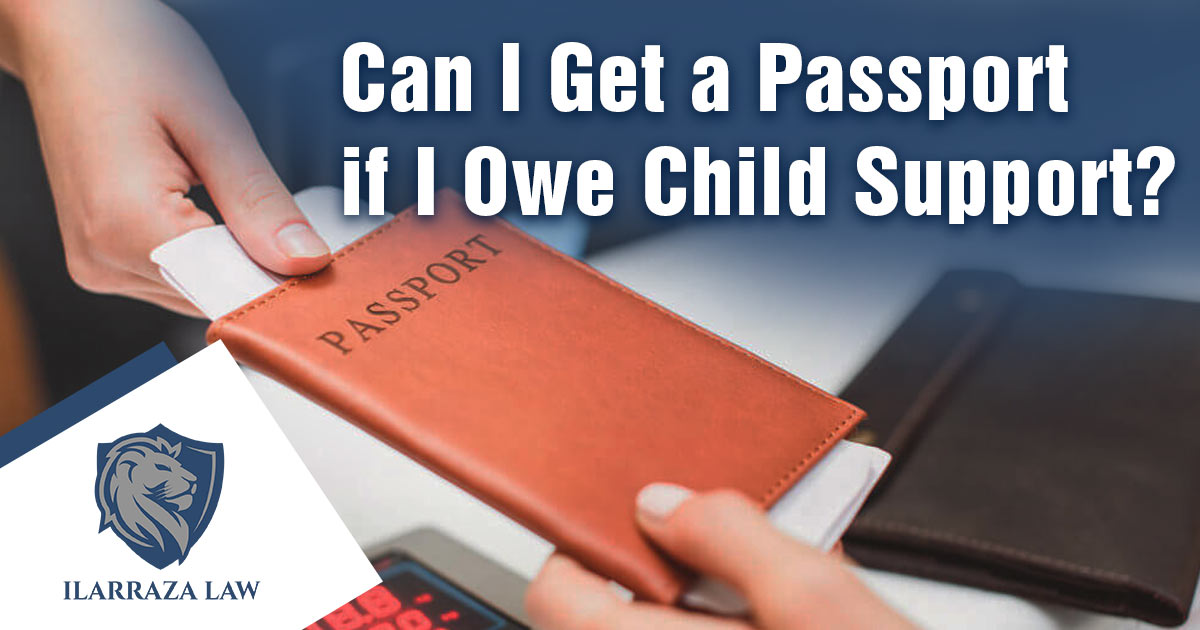When you get a divorce and have children, child support is one of the many issues that need to be negotiated. Whether you are the one paying or the one receiving it, it’s important to know the rules surrounding it. This will allow you to protect yourself and your children and to know your rights.
If you are the one paying child support, it’s important to keep up on payments. This not only affects your child’s life and well-being, but it could impact many parts of your life. Let’s take a look at what child support is and what could happen if parents don’t pay as they should.
What is Child Support?
Child support is the money one parent pays to the other parent who the child lives with. The money is meant to be used for food, housing, clothing, activities, tuition, and activities. Although one parent pays the child support, both parents are still expected to financially support their child without being ordered by the court.
How Much Child Support Do Parents Have to Pay?
Child support is calculated differently in different states. Texas uses something called “guidelines child support” to determine how much child support needs to be paid. This is how it is calculated:
1 child = 20% of the noncustodial parent’s average monthly net resources
2 children = 25% of the noncustodial parent’s average monthly net resources
3 children = 30% of the noncustodial parent’s average monthly net resources
4 children = 35% of the noncustodial parent’s average monthly net resources
5 children = 40% of the noncustodial parent’s average monthly net resources
6 or more children = not less than 40% of the noncustodial parent’s average monthly net resources
(source: texaslawhelp.org)
Monthly income takes into account different sources besides a paycheck. The amount of child support that needs to be paid is based on average monthly net resources.
This amount is determined by adding all of the money the noncustodial parent receives after making the following deductions:
- Social Security Taxes
- Income Tax
- Cost of health insurance or medical support if paid by the noncustodial parent
- Union dues
- Non-discretionary retirement contributions if the noncustodial parent doesn’t pay social security taxes
Although Texas child support guidelines usually follow these rules, a judge could decide differently if certain circumstances apply.
Regardless of the amount owed, Texas child support guidelines state that all payments must be made through the Texas Child Support State Disbursement Unit. This way, there will always be a record of your payment. Parents should never make direct payments to one another. One parent may consider this a gift and it would not be applied to the amount of child support owed.
What Happens if One Parent Doesn’t Pay Child Support?
Not paying child support is a serious offense. If the non-custodial parent doesn’t keep up with payments and is uncooperative, they can face these consequences:
- Being sent to jail
- Suspension of driver’s license or any professional licenses
- Having a lien put against your property
- Being ordered to pay all child support with interest
Any of these punishments can impact a person’s employment and other parts of their lives. It’s important to note that child support doesn’t end if a non-custodial parent is put in jail. The debt will add up behind bars and they will have to pay when they get out. If the non-custodial parent is in jail, they can file an affidavit to show that circumstances have changed. This will let the court know that they are not working at the time and have no money coming in.
When you don’t pay court-ordered child support, your credit rating can also be affected. Any unpaid child support gets reported to credit bureaus as an unpaid debt. This can go against you if you’re trying to take out a loan, buy a house, or try to open up a new credit card.
If a parent’s circumstances change, it’s best to try to pay some portion of the child support than to not pay it all. This will at least show that you are making an effort and not forgetting your responsibilities.
Can I Get a Passport if I Owe Child Support?
If a parent is thinking about getting a passport if they owe child support, it’s going to be difficult. According to the U.S. Department of State, if anyone owes more than $2,500 in child support, they cannot receive a U.S. passport.
It’s recommended that people pay the child support they owe before they apply for a passport. If people have already applied for a passport and still owe more than $2,500 in child support, the U.S. Department of State recommends the following procedure:
- Make arrangements to pay the child support you owe with your state child support enforcement agency.
- Your state agency will then report to that you’ve made acceptable payment arrangements
- Your name gets removed from the list, which can take 2-3 weeks.
- It must be verified that your name has been removed from the list.
- Your passport application can then be processed normally.
To avoid any confusion and to keep up with your child support obligation, it’s best to always keep up with your child support payments that have been court-ordered.
Do You Need Help with Child Support Issues?
At Illaraza Law, we know that child support issues can be difficult to deal with. That’s why we’re here to help. We have helped many couples iron out their child support issues while keeping the best interest of the child in mind. Many times, mediation can be done to solve these issues.
Whether you’re the one paying child support or the one receiving it, Illaraza Law P.C. can answer all your questions and help you to be represented fairly. Call us today at 214-646-3253 so we can start to help you when it comes to your child support issues.





